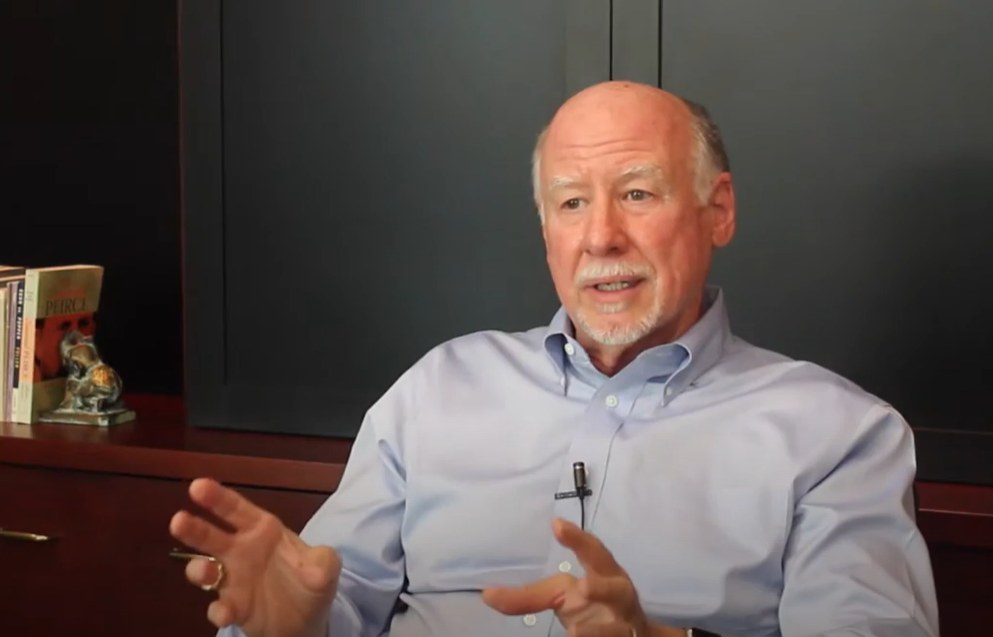Thomas R. Krause’s new book is If Your Culture Could Talk: A Story of Culture Change. Like any good book in the nonfiction subcategories of self-help, leadership and business advice, and cultural analysis, Krause is able to summarize the general crux of his point in a single sentence, or this case the titling.
RELATED ARTICLE: https://chiefexecutive.net/author/tkrause/
That’s when you know you’re in good hands, when there’s a sense of conciseness, clarity, and a communicatory process that is wholly fresh and without red herrings or anything substituting ideological synchronicity for verbose or well-articulated pretension. Such things do a colossal disservice to books of this nature, work dedicated to the betterment of societal ailments, injustices, and inequities. Krause is not someone susceptible to the pitfalls of this dilemma. Because he is an expert in what he speaks, he’s able to communicate freely and fluidly the ideas at play. There’s never a sense he himself has to grapple with any of the implications of the ideas, or go out into territory that may not be fully fleshed out in spite of credentials and accolades. Krause comes to the table as a bonafide authority on the issues he speaks on. Any sort of slack narratively is simply due to his willingness to be precise, almost to a fault.
“The amorphous concept we call ‘culture,’ which develops in an organization over time, is immediately recognizable to almost every leader. If you’ve worked in one or many organizations, you know that the tone, values, modes of getting things done, and implicit
assumptions are different across organizations, and central to understanding a particular organization. The quality of an organization’s culture is an essential asset, but it can
also be a menacing liability,” Krause writes. “When analyzing an organization’s culture, the
model I’ve found most useful is around the concept of organizational functioning.
That means, roughly, how things get done. Another word for this model is cultural infrastructure. Picture the basic building blocks of a society—roads, utilities, broadband connectivity, and
bridges—then apply them at the organizational level. When this infrastructure, which is mostly silent, is strong and resilient, things tend to go well. Problems get identified and addressed responsively, new initiatives are taken on and implemented effectively, and innovation
flourishes. When the culture is itself problematic, everything ‘takes longer than it takes’, costs more, and is less effective.”
AMAZON: https://www.amazon.com/If-Your-Culture-Could-Talk/dp/B0D9ZNYZND
But Krause isn’t just here to outline the problems and pitfalls. He’s here to also provide solutions, sometimes in the form of implementation, sometimes in the form of mindset, and sometimes in the form of distinctive, organizational structuring. There’s no stone left unturned, citing aforementioned qualities about the book. Krause seems personally and professionally invested in putting forward his articulations on how to get the job done, not just set the ingredients in motion. The process may be slower than ideal, and there may a great deal to break down, discuss, analyze, and initiate to get the wheels turning, but by the end of the book you feel like you’ve internalized a straightforward roadmap to bettering the landscape.
Garth Thomas

